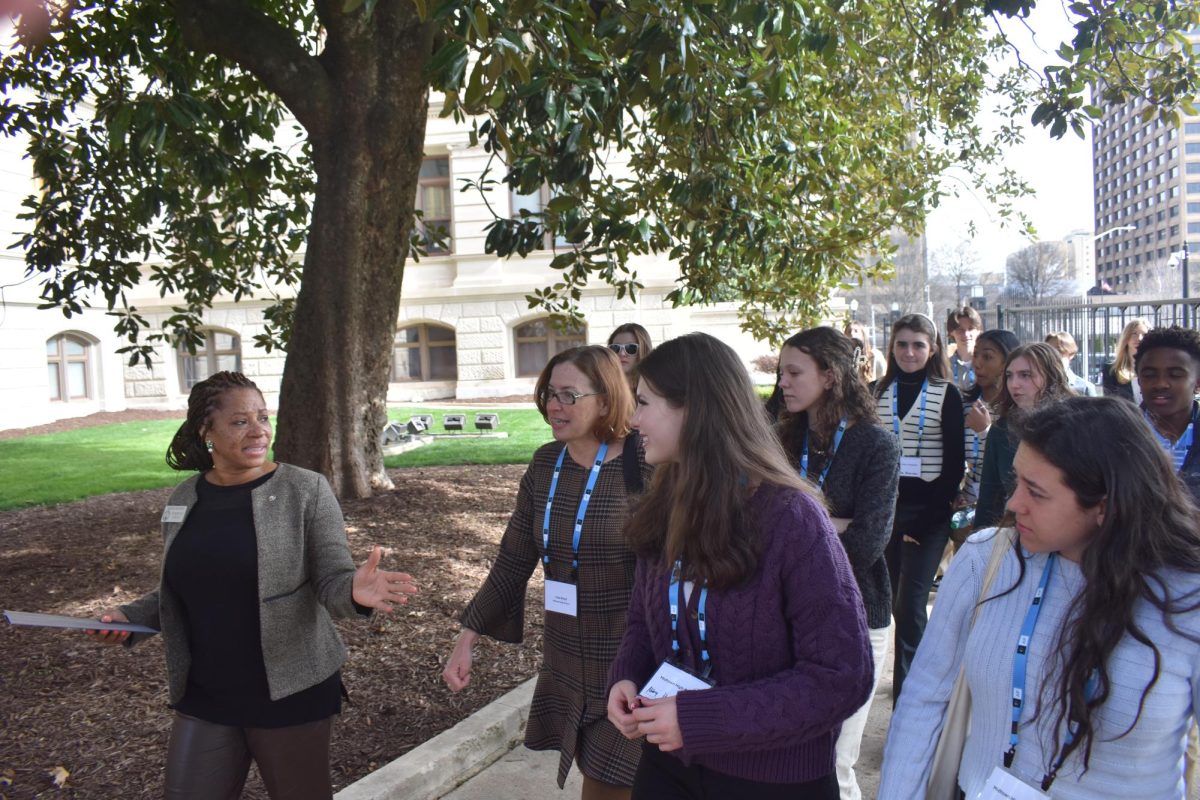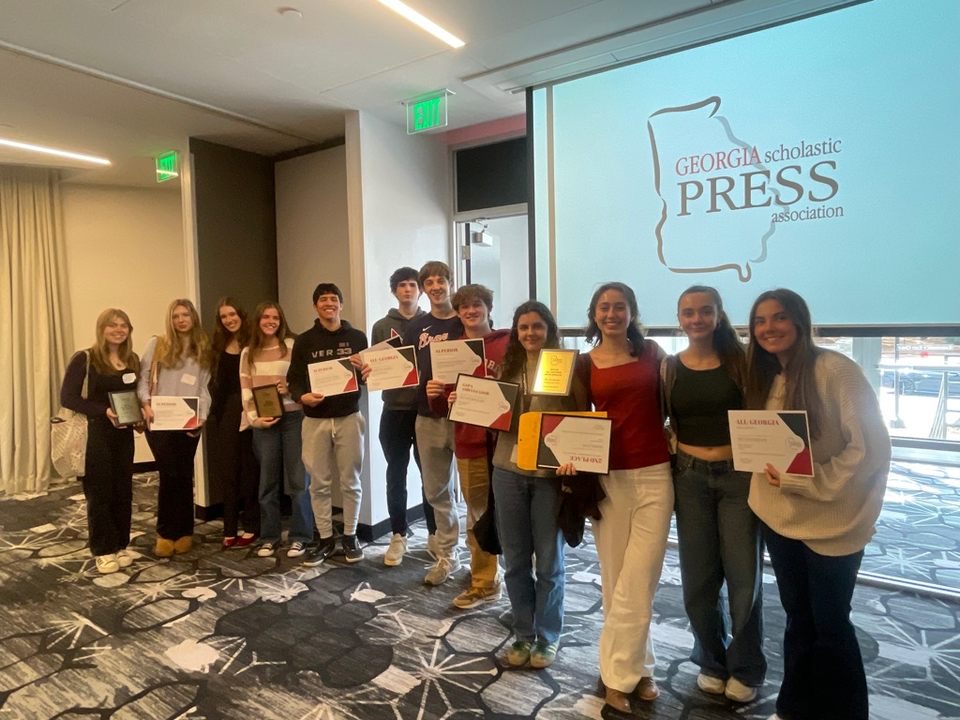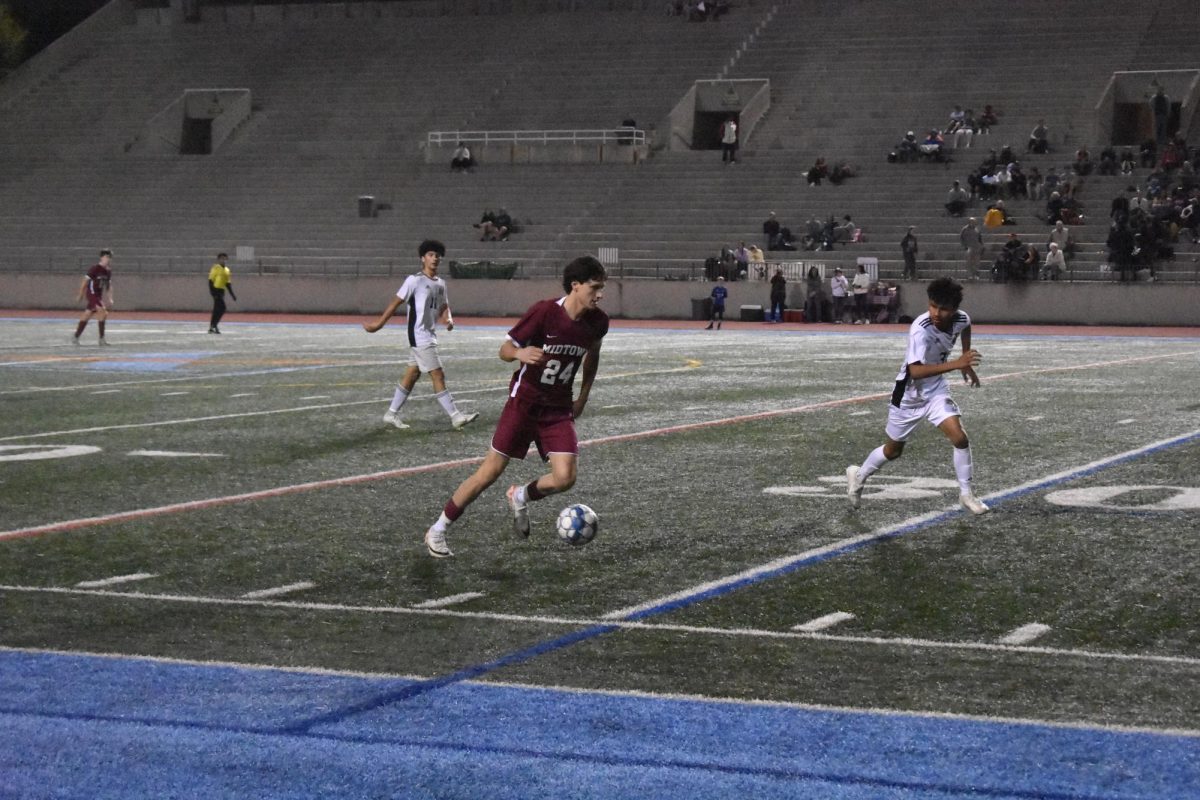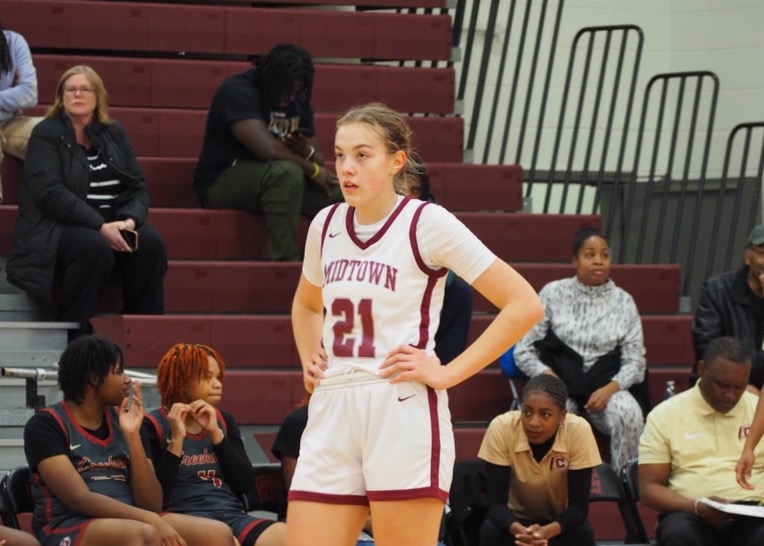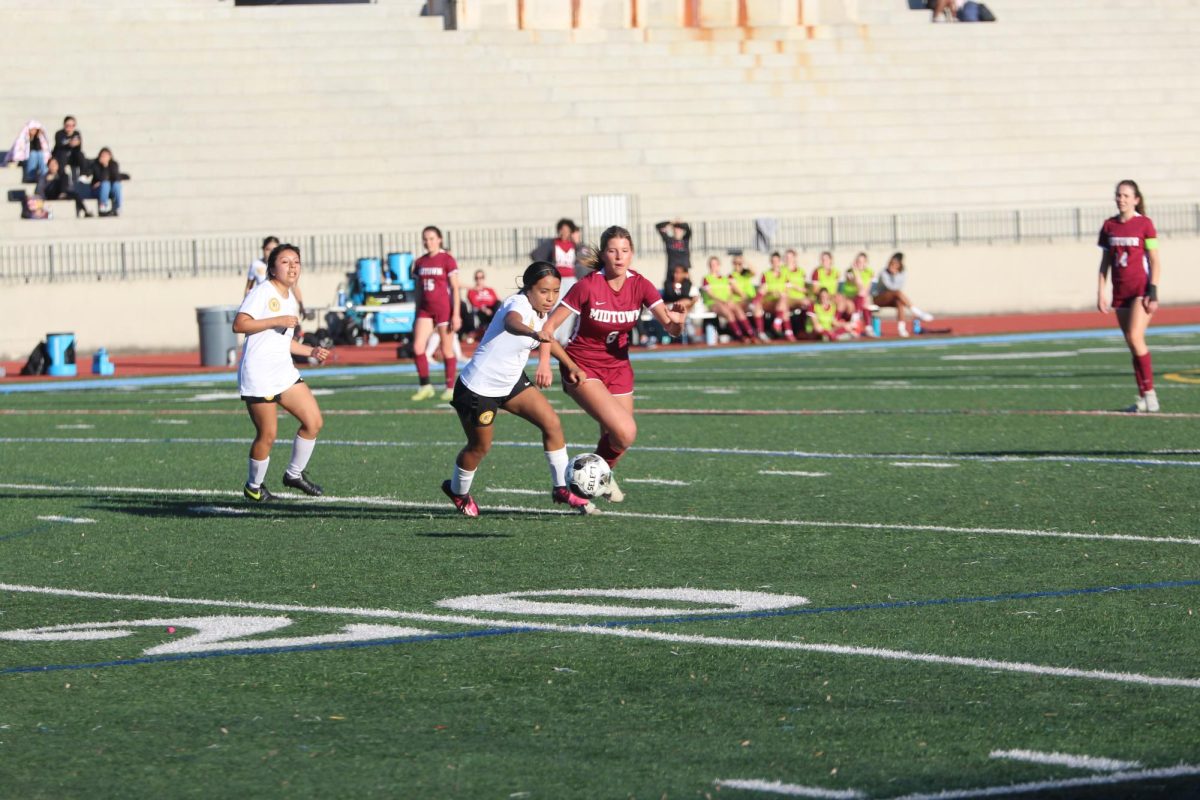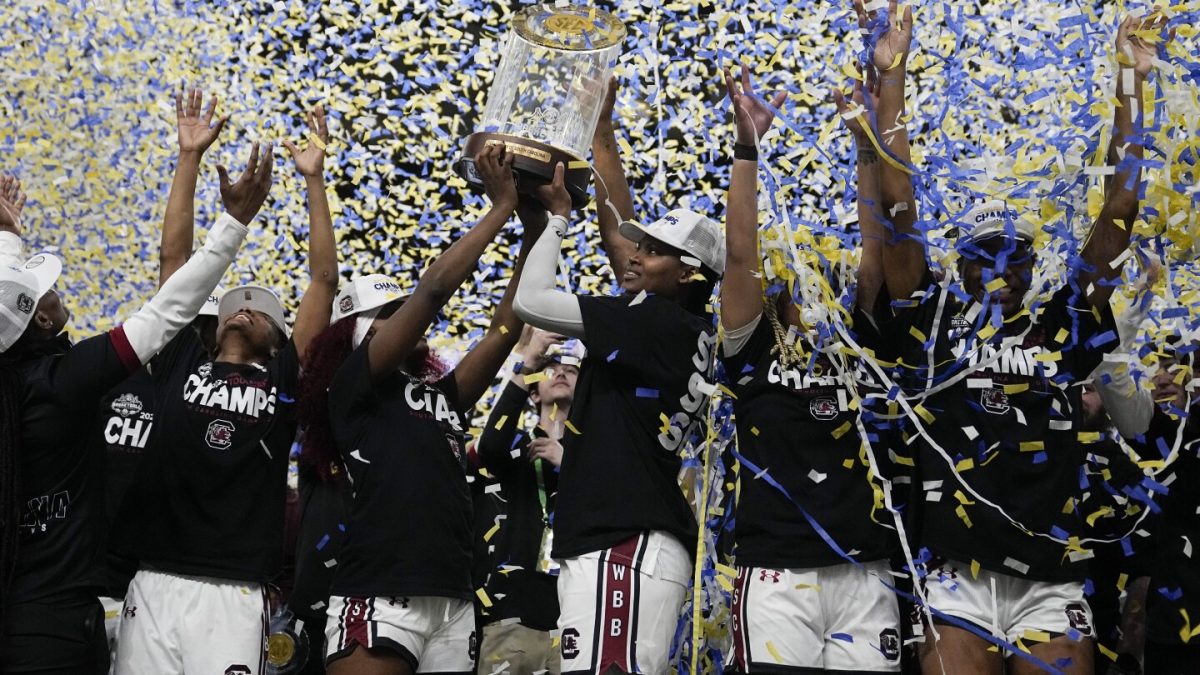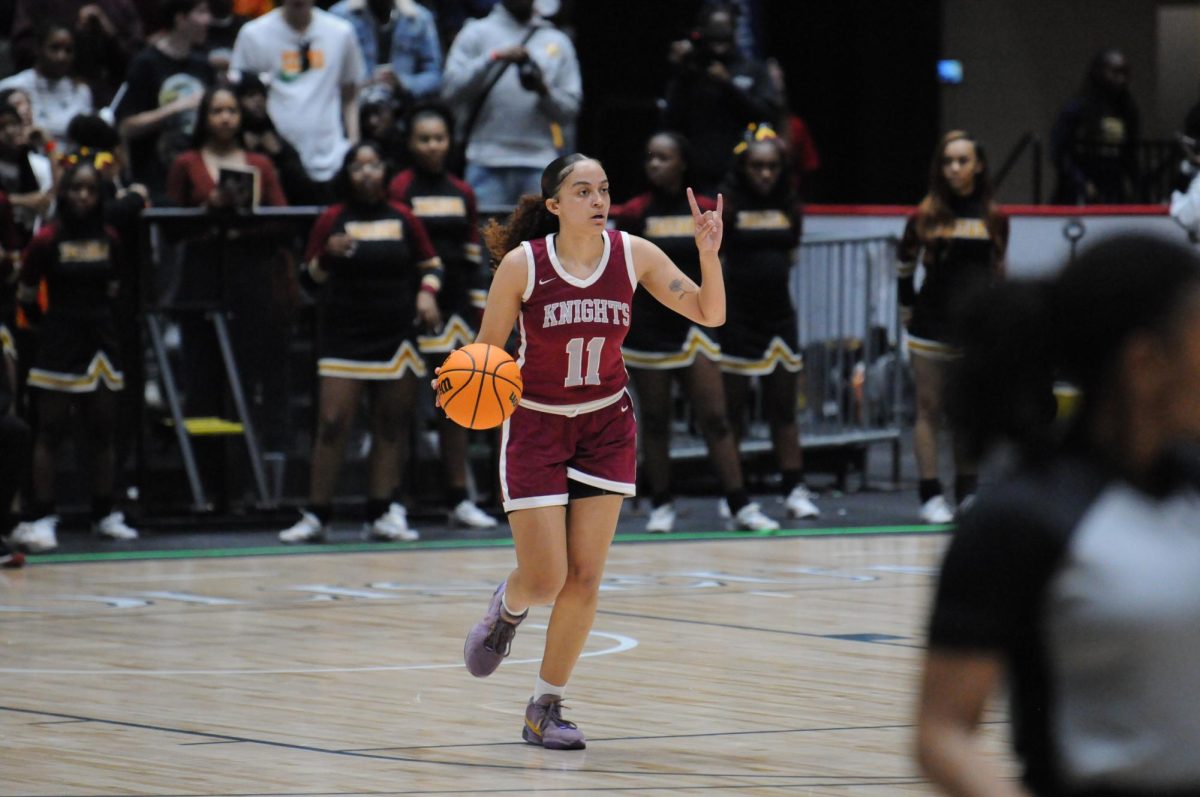By Nally Kinnane
At the start of the 2012-2013 school year, sports rivalries between public and private schools in Georgia will come to an end in Class A.
The Georgia High School Association, a committee that oversees all athletics in Georgia, voted on Jan. 10 to hold separate playoffs and championships for public and private schools in Class A for all sports. The plan will divide the 32 playoff spots in Class A into two groups—16 for public schools and 16 for private schools.
The plan, which was first introduced by Charlton County athletic director Jesse Crews, passed by a vote of 36-12.
Crews believes the imbalance between public and private schools stems from private schools’ ability to pull students from a wider area than public school districts as well as the superior facilities and opportunities that private schools often provide.
Prior to the vote, public schools in Class A were discussing pulling out of GHSA and forming their own organization called the Georgia Public Schools Association. Crews said the idea to form GPSA originated because public schools in the classification believed there was a competitive imbalance between public and private schools in their classification and wanted to level the playing field.
Albert “Pat” Blenke, a Georgia Department of Education administrator who serves on the GHSA executive committee, voted in favor of the plan because he hoped the change would convince the public schools not to secede from GHSA.
“I voted for it because there were several schools, as many as 30 or 40 public high schools, that were indicating that they would leave GHSA,” Blenke said. “My deal for this vote was to at least be able to offer them an option so they could stay with GHSA. I wanted to keep the organization intact. I didn’t want schools leaving because that wouldn’t help anybody.”
Public school athletic directors in Class A have been meeting in Wilcox County since last January to discuss ideas about splitting the classification for playoffs. Crews said a committee was set up with public and private school officials and state legislators. Their original plan was to create separate playoffs for only four sports—baseball, tennis, softball and golf. When this proposal was voted upon by the committee, which consists of 50 people from the reclassification committee and two representatives from each classification, it passed by one vote. A few days later, however, the plan was reconsidered and the committee recanted the vote.
In December 2011, the director considered a new plan. “We met again in Wilcox County, and from that meeting came a separate idea: we would form our own Georgia Public Schools Association,” Crews said. “I didn’t want to do that, but I was prepared to pull out if no action was taken.”
When the plan to divide all sports in Class A was presented to GHSA, there was some hesitation, but something needed to be done, Blenke said.
“It had gotten to the point where we had to offer a solution or the possibility of x number of schools leaving could come,” Blenke said. “If people started leaving, that would have opened the flood gates for other schools.”
Crews laments the gap between public and private schools.
“What happens is private schools can pull kids from the whole county, and anyone can go there, whereas a public school has a zone area that they are limited to,” Crews said. “They aren’t doing anything illegal; it’s just something they can do that public schools can’t.”
While Crews understands that playing higher quality teams can improve a team, he feels as if there were no disadvantages to making the divide. Crews thinks the playing field is now level because schools with comparable facilities and coaches will only be playing each other.
Blenke said there are always unintended consequences, but right now he is not sure what they will be.
Some members of the GHSA executive board have expressed concern that the divide between public and private schools will expand to all classifications in Georgia. Blenke does not, however, think it is likely that other classifications will follow the same path.
“The main reason Class A split is because there is a 50-50 split between public and private [schools],” Blenke said. “As you go up in the classifications, you see fewer private schools and more public schools.”




